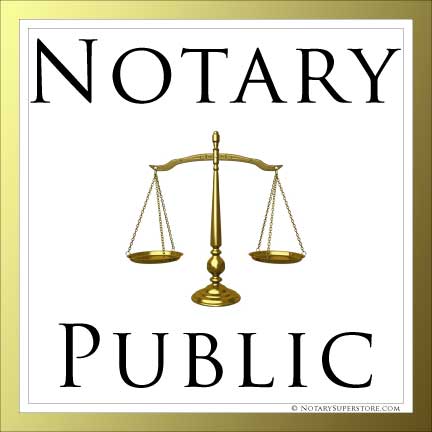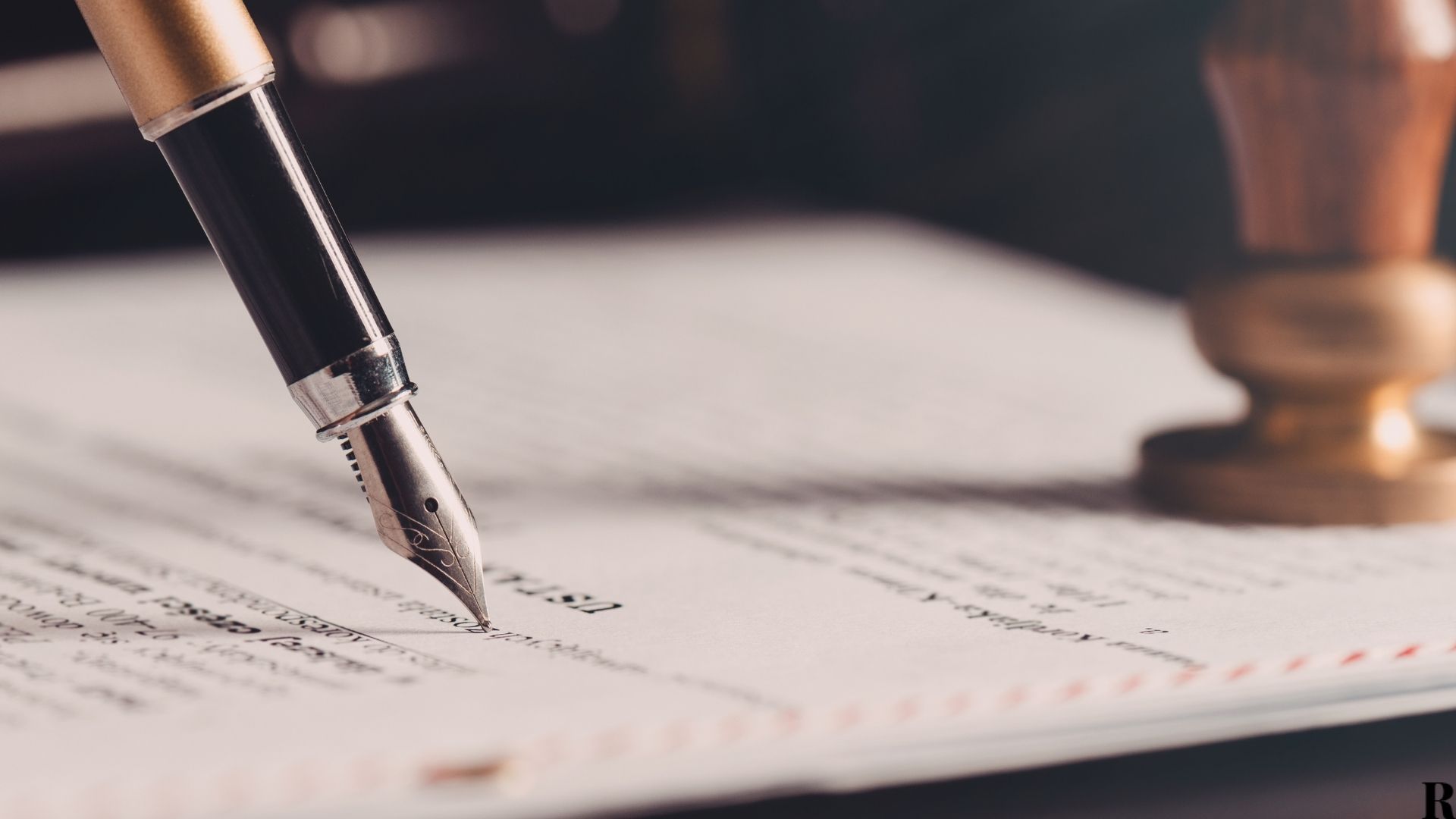Dealing With Deceased Estate Issues: Assistance Via Legal Procedures
Dealing With Deceased Estate Issues: Assistance Via Legal Procedures
Blog Article
Debunking Notarial Job: Streamlining the Duty and Relevance of Notaries
Their duty, typically shrouded in secret for several, carries considerable weight in ensuring the validity and integrity of crucial files. By unraveling the complexities surrounding notarial practices and losing light on the importance of their acts, a clearer understanding arises of the essential duty notaries play in maintaining the fabric of legal and contractual contracts.
The History of Notarial Job
The background of notarial work days back to ancient people, where scribes played a critical function in recording crucial details and validating files. This led to the advancement of notaries, people appointed by the state to act as objective witnesses in legal matters.
During the Center Ages, notaries acquired prestige in Europe, with their functions broadening to consist of preparing legal documents, accrediting trademarks, and preserving records. The surge of worldwide trade even more emphasized the significance of notarial operate in verifying agreements and contracts across boundaries.
In the contemporary era, notaries remain to play a crucial duty in lawful and organization transactions by verifying identities, verifying the authenticity of records, and preventing scams. Their function in accrediting the legitimacy of agreements adds a layer of safety and security and depend the ever-evolving landscape of business and regulation.

Responsibilities and Duties of Notaries
The historic development of notarial job from old people to the modern era has actually shaped the distinct duties and responsibilities that notaries promote in lawful and organization purchases today. Notaries play an essential function in confirming the authenticity of documents and the identification of notaries. Among their key obligations is to witness the signing of vital records, such as agreements, actions, and wills, to make sure that all parties are entering right into contracts knowingly and voluntarily. Notaries additionally confirm that signatures are of sound mind and not under pressure or coercion.
They accredit copies of original files, giving guarantee to establishments that the duplicates are real reproductions of the originals. Overall, the duties and duties of notaries are necessary in safeguarding the stability and legitimacy of numerous documents and deals - DIRCO.
Notarial Certificates and Signatures
Exhibiting precise interest to detail, notarial certificates and trademarks function as crucial parts in confirming the credibility of lawful files. Notarial certificates normally have vital info such as the date of notarization, the names of the signatories, a summary of the paper, and the notary's official seal. These certifications supply a clear record of the notarial act, ensuring that the file can be conveniently determined and mapped back to the notary who supervised the process.
Trademarks play a pivotal duty in notarial work, as they represent the agreement and consent of the events involved. Notaries very carefully witness the signing of records to confirm the identity of the signatories and validate that they are signing of their very own free choice. By attaching their main seal and signature to the record, notaries license that the needed procedures have been adhered to which the paper Full Article is enforceable and legitimate.
Fundamentally, notarial certifications and trademarks are the characteristic of authenticity in legal transactions, supplying guarantee to all parties included that the papers are reputable and binding.
Relevance of Notarial Acts

Registration Refine Clarified
The registration process commonly starts with the private presenting the paper to a notary public. As soon as the identification is verified, the notary ensures that the private signing the document does so voluntarily and without any kind of browbeating.

Verdict

Notarial certifications usually contain vital information such as the day of registration, the names of the notaries, a summary of the document, and the notary's main seal. These certifications provide a clear record of the notarial act, making certain that the record can be easily determined and mapped back to the notary that supervised the procedure.
By fastening their main seal and trademark to the document, notaries certify that the necessary procedures have been complied with and that the paper is enforceable and legitimate.
By validating the identity of the signatories, verifying their determination to enter into the contract, and certifying the day and sites area of the finalizing, notaries play an essential role in promoting the credibility of legal files.After the document is authorized, the notary will certainly fasten their main seal or stamp onto the paper.
Report this page